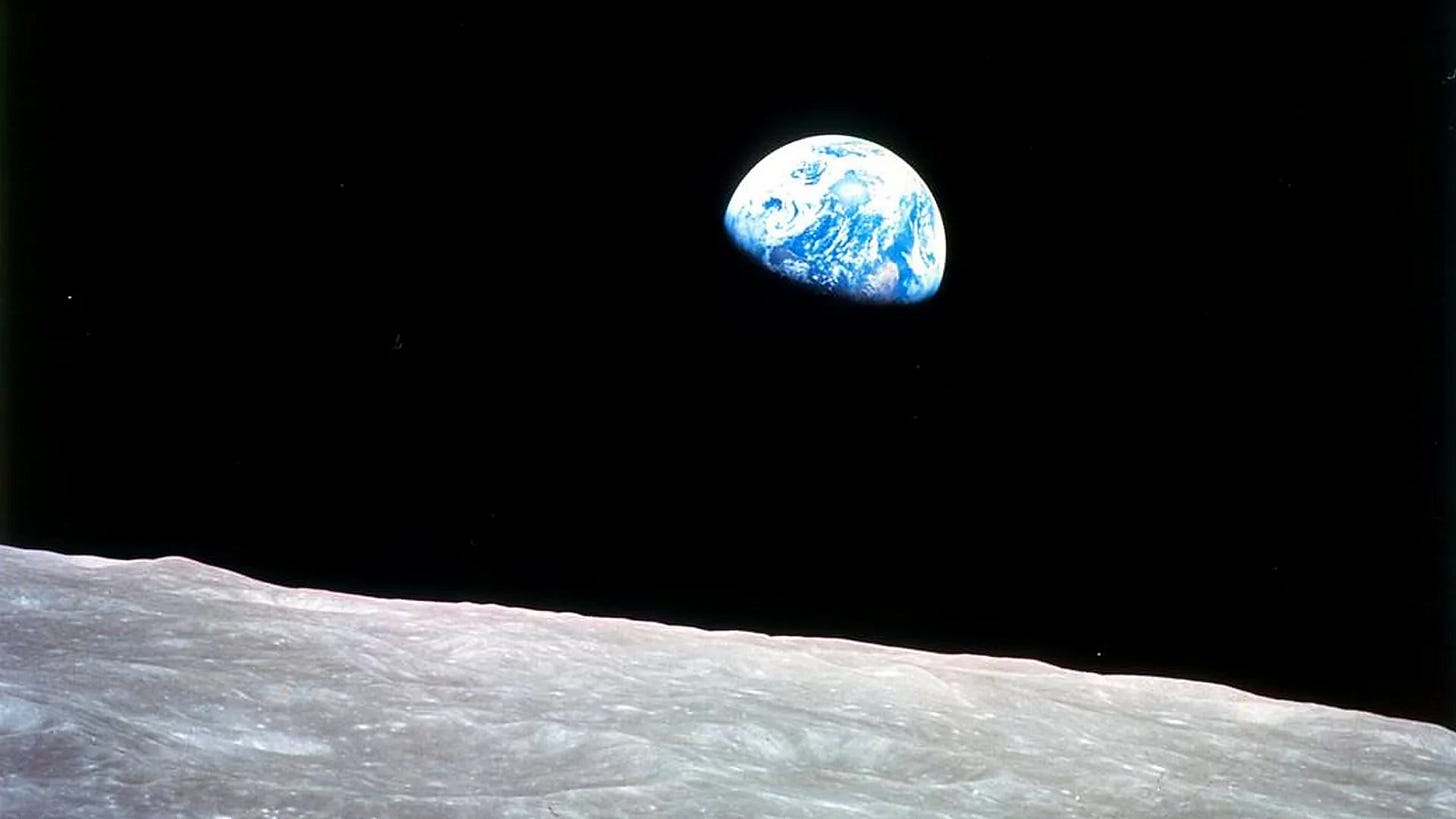The Architecture of Harm: Corporate Supremacy and the Struggle for Collective Power
The global democratic life we’ve been striving for must be built on the agglomeration of communities, not corporations.
Planet destroyers. Corporate criminals. War profiteers.
They are spread across the globe — and increasingly entrenched within governments.
This is the landscape of business, human rights, and money.
Growth that doesn’t strengthen communities is not investment; it is corporate financial harm. History has shown us this, through the brutality of colonialism, where so-called "development" shattered communities instead of uplifting them. Today, unbound corporate supremacy continues this legacy, depriving peoples of self-determination and restricting the fundamental freedoms that anchor our democracies.
What does this look like? Dispossession in all its forms - land, water, health protection and human rights, coupled with harsh, punitive social policy regressions and reform, as well as the grabbing, looting, and robbing of public resources and dismantlement of government agencies. This can only qualify as theft — a robbery of the people’s coffers.
We have seen this before. The coup d’état. Although what we face now, especially at the hands of the United States along with its governmental and corporate allies is different: tech-driven, privately controlled, and financially stratifying. The mechanisms of power have shifted, but the harm remains. In the face of this new reality and the global unpreparedness for it, shock and fear run rampant.
Media has long been used as a tool of violence, to incite harm, spread hate and dehumanize populations. In Rwanda, radio broadcasts fueled genocide. How did we not foresee that social media, with its global reach and speed, could cause even more harm in this era of genocidal, industrial-military complexes—spreading hate instantaneously across borders?
How do we stop the harm of unrestrained, unscrupulous, corporate power? How do we reverse the downward spiral of democracy, human welfare, and social protection? The answer lies in communities. True power must come from people, and from their collective strength. The global democratic vision we’ve long strived for — the one outlined in the 1945 legal order after World War II — must be built on the agglomeration of communities, not corporations.
Global corporate wealth is inherently intertwined with exploitation, environmental degradation, and the perpetuation of suffering. And what are some of the products of this system? Tobacco, opioids, fossil fuels, plastics - well-documented examples of pervasively destructive toxic ‘goods’ coming out of unrelentless corporate value chains whose profitability has been deeply rooted in systemic and intentional attacks on independent science and public health.
Atrocities against humankind are embedded in global consumption chains: forced labor, contemporary slavery, attacks on environmental defenders and oppression of asylum seekers. People displaced. Lives uprooted. Corporate greed, systemic injustice, and the broader consequences of our actions and inactions as consumers, witnesses, citizens, must be addressed.
The call to dismantle these structures is urgent. It demands rethinking how we create value, redefine prosperity, and prioritize the common good over individual or corporate interests. Rebuilding a world centered on human dignity requires both systemic change and a shift in individual and collective consciousness.
It’s time to confront this reality. To dismantle the structures that perpetuate harm and rebuild a world where human dignity, not profit, guides our future. As Hannah Arendt argued, courage must be our political virtue par excellence. In the midst of the mass destruction being unleashed by globalized, genocidal, corporate-military complexes, courageous action is the only way forward to safeguard humankind.
(photo: NASA)


